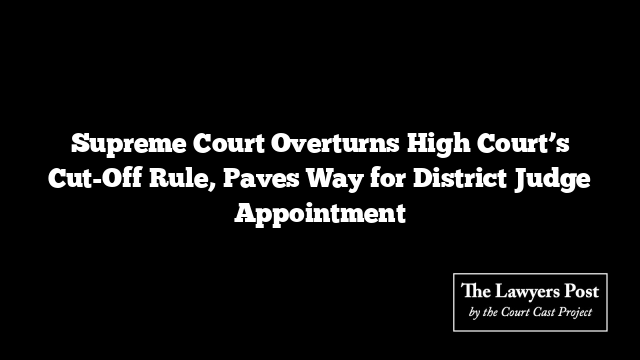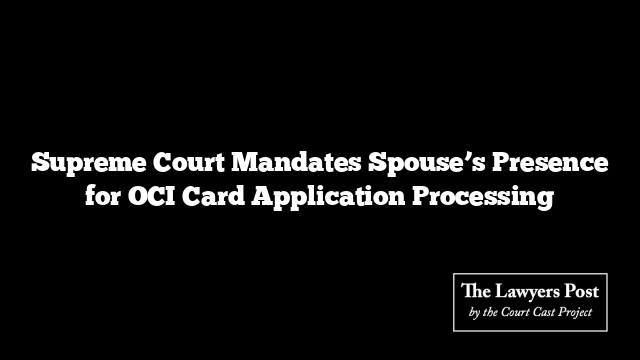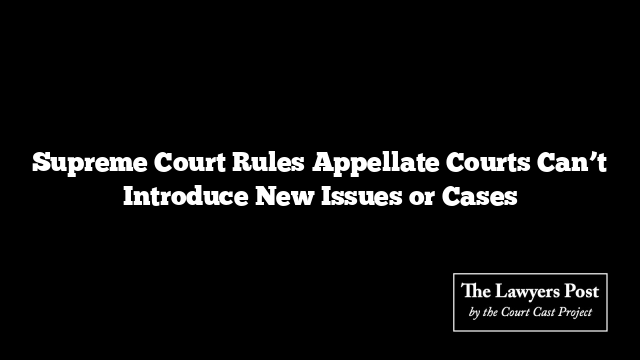After nearly a decade of legal contention, a District Judge aspirant finally secured a favorable verdict from the Supreme Court, which ruled in his favor by invalidating the Manipur High Court’s decision to enforce a minimum cut-off score for interviews. This ruling paves the way for the aspirant’s appointment to the judicial post.
The petitioner, Salam Samarjeet Singh, had passed the written exam for the District Judge (Entry Level) in the Manipur Judicial Service Grade-I in July 2013, achieving a score of 52.8%. However, just before the interview, the Manipur High Court instituted a new rule requiring candidates to secure at least 40% in the interview to qualify. Singh only managed to score 18.8 out of 50 in the interview, leading to his disqualification despite his cumulative marks being above 50%.
The petitioner challenged this decision, arguing that the sudden imposition of a cut-off for the interview segment was neither part of the original rules nor communicated to candidates beforehand. His case eventually reached the Supreme Court, where a three-judge bench delivered a unanimous verdict in his favor.
The Supreme Court found that the Manipur Judicial Service Rules, 2005, which governed the recruitment process, did not authorize the High Court to introduce a separate cut-off for the interview stage without amending the rules. The bench emphasized that any changes in the selection criteria should have been formally incorporated into the rules and made clear to all candidates from the outset.
In its ruling, the Supreme Court referenced a prior case involving the Kerala High Court, where a similar cut-off rule for interviews was struck down for being contrary to established procedures. The bench observed that while setting minimum marks for interviews is not inherently arbitrary, it must align with the rules in place at the time of the recruitment process. The court also highlighted that Singh was only informed of his interview eligibility after he filed an RTI application to inquire about his exam results, underscoring the lack of transparency in the process.
The Court further noted that the petitioner’s legitimate expectations had been violated, as the cut-off requirement was introduced after the recruitment process had already begun, which was in direct conflict with the statutory rules. The ruling concluded that the petitioner’s exclusion was unjustified, especially as he belonged to the Scheduled Caste category and had successfully cleared both the written and interview stages under the rules then in effect.
As a result, the Supreme Court directed the Manipur High Court to declare Singh successful and proceed with his appointment. However, his seniority would be considered only from the date of his appointment, with no retroactive monetary benefits. The court also ordered that Singh be granted notional seniority from 2015, solely for the purpose of calculating superannuation benefits.





